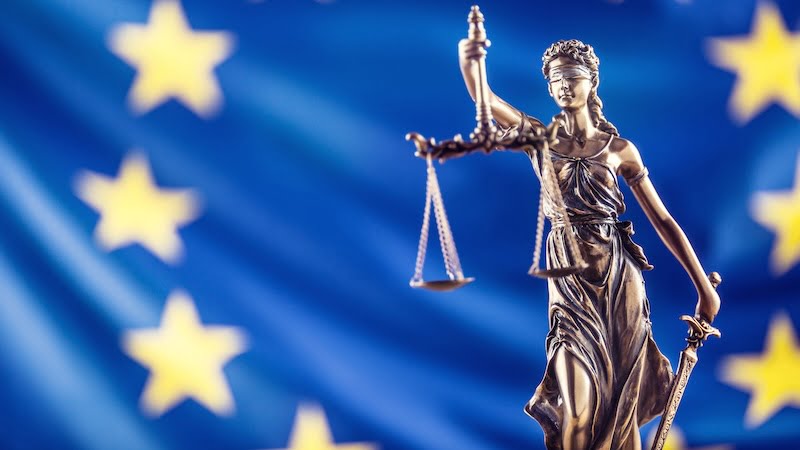
The AI Act came into force on August 1, 2024. It is intended to regulate artificial intelligence within the EU. But the implementation of the regulation is not only intended to be gradual, it also raises many questions. So anyone who thinks that everything has already been clarified is very much mistaken. A comment.
What does the AI Act change? Is it a bureaucratic monster? Or does it even hinder progress? These are the questions that the media are currently asking in connection with the AI Act. The EU's first AI law officially came into force on August 1, 2024.
But many of these contributions only scratch the surface or are pure speculation. There is still a lot of uncertainty surrounding the AI Act. That is why it is gradually coming into force and initially changing nothing. Rather, the regulation should be seen as a process that needs to be thought through rigorously.
What is the AI Act?
The AI Act is intended to create a legal framework for the regulation of artificial intelligence within the EU. It categorizes AI applications according to risks, for example – for the fundamental rights and security of all EU citizens. Depending on the classification, different deadlines and rules should apply to these systems.
From February 2, 2025, the first applications with an “unacceptable” risk will be banned. These include surveillance systems such as so-called social scoring, which evaluate people's social behavior. Biometric real-time surveillance in public spaces by law enforcement agencies will also be prohibited – without a court order.
The problem: The AI Act not only leaves a lot of room for interpretation; it is also full of holes like a sieve. The EU has not banned biometric facial recognition in principle. Authorities are still allowed to use AI to identify people after the fact. However, it is unclear where the boundaries lie between real-time surveillance and subsequent identification.
Another half-baked rule: providers of AI systems will in future be required to label image, audio and video content generated using AI – so far so good. But media that take their craft seriously do not want to mislead anyway. However, anyone who deliberately wants to spread false information and propaganda is unlikely to care about a labeling requirement.
AI law raises many questions
The situation is similar with copyright law. According to the AI Act, companies will have to ensure that they do not commit any copyright infringements when training their AI models. The problem: Opinions on whether AI systems are allowed to access copyrighted data are not only widely divergent. It is also unclear when exactly an infringement occurs, as copyright law in Germany does not yet have any clear rules regarding artificial intelligence.
The implementation of the AI Act is now the responsibility of the individual EU member states – within their respective borders and laws. However, due to the staggered transition periods, nothing will change for the time being. The first regulations – including the ban on risky AI systems – will only become binding from February 2025.
It will only become clear then whether and how effective the AI Act will be in practice. The EU member states must and can determine the concrete implementation themselves. It would be possible, for example, for Germany to fundamentally prohibit biometric facial recognition within the framework of its laws – in addition to the ban on real-time surveillance.
However, the responsibility for this must first be clarified in this country. It is still unclear which authority should implement the AI Act in Germany. Anyone who conjures up a bureaucratic monstrosity against this background is missing the point in time.
The whining of those who rant about the AI Act as a brake on innovation also lacks concrete arguments. The AI Act could ultimately allow even more than before. After all, artificial intelligence is already subject to certain laws and regulations. The AI Act should therefore be consistently thought through further – as a process that is at the beginning rather than the end.
Also interesting:
Source: https://www.basicthinking.de/blog/2024/08/02/ai-act-unklarheit-aendert-erstmal-gar-nichts/


